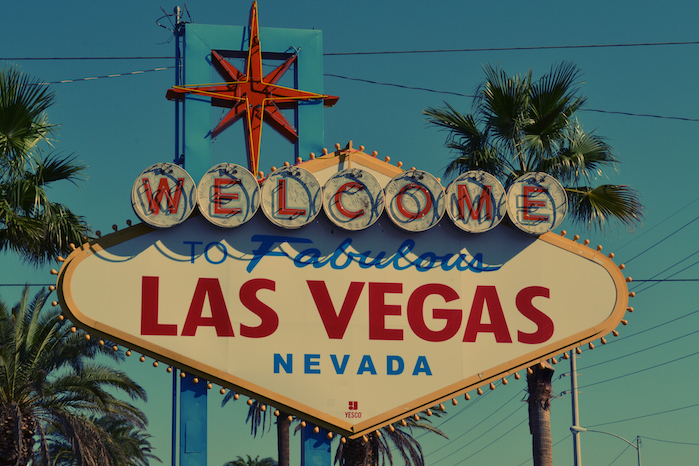Here’s a sign of the times: Nevada officials fear that their state will soon run out of pot.
On July 1, the state launched legal cannabis sales. Consumer response has been immense. After just two weeks, distributors already worry that the high demand for pot products will cause shortages at the state’s 47 retail dispensaries.
Canada is reportedly facing a similar problem as it prepares for countrywide legalization in 2018.
No doubt it’s a pain for everyone involved: consumer, producer, distributor, state officials, etcetera. But at the same time there’s a touch of irony here. Perhaps the biggest issue with legal cannabis thus far in North America in 2017 is that there’s not enough of it.
After all this appeared to be the year of doom and gloom for the legalization movement. After a momentous 2016, with seven more states passing recreational pot, this year brought as much threat as hope with President Trump appointing anti-pot crusader Jeff Sessions as Attorney General.
So far Sessions has been unable to damage the burgeoning legal pot industry, beyond leveling his usual criticism. Though the cannabis movement continues to wait uneasily for the results of a Justice Department task force Sessions ordered to review U.S. policies, including on marijuana.
In May Sessions referred to the task force when he rolled back Obama-era sentencing guidelines. Rather than leniency, as was the way under Obama, Sessions now directs judges to seek the harshest sentence possible for drug offenders.
Sessions has requested the full findings from the Justice Department task force delivered to him “no later than July 27.”
Whether they hit that deadline remains to be seen. Task force members when questioned on their attitudes about cannabis have answered that “conflict” remains between state and federal pot laws. They also pointed to the 2013 Cole Memo — which says that states should govern their pot laws individually as desired — as the chief federal guideline governing legal cannabis.
So there are bad signs as well as positive. Much like with the cannabis shortage. Again, the legal industry has demonstrated that there is significant consumer demand. And with President Trump touting the importance of protecting American business, it’s hard to believe he’ll allow the disturbance of an emerging multi-billion U.S. market.
Rather, he seems likely to leave it to the states. Thus the major decision-making in the industry may continue to fall on the shoulders of state-level cannabis regulators. In Nevada, the Tax Commission (a subsidiary of the state Department of Taxation) voted 7-0 last week to set rules that allow medicinal cannabis dispensaries to apply for distribution licenses for recreational pot.
The new rules also grant the commission authority to determine when there is a cannabis shortage that warrants approval of additional distribution licenses. Before those rules went into place, Nevada’s governor had to approve a “statement of emergency” that allowed for quick changes to regulations during temporary difficult situations — like dwindling supply.
Cannabis laws are coming into their own in Nevada. The result has been solid financial gains. In just the first week of business, customers purchased about $5 million worth of legal cannabis, which added $1 million into state coffers. The projection for Nevada’s first-year tax revenue from its new cannabis market is $35 million.
While states like Nevada have received criticism for “rushing” into legal sales — in light of uncertainties with supply, public health, Jeff Sessions, etcetera — there’s also the undeniable financial reward for states that embrace recreational pot sooner than later. In the end, this consumer demand and money to be made may just keep the industry free from federal crackdown during the Trump years.
Kyle Swartz is editor of the Cannabis Regulator. Reach him at kswartz@epgmediallc.com










